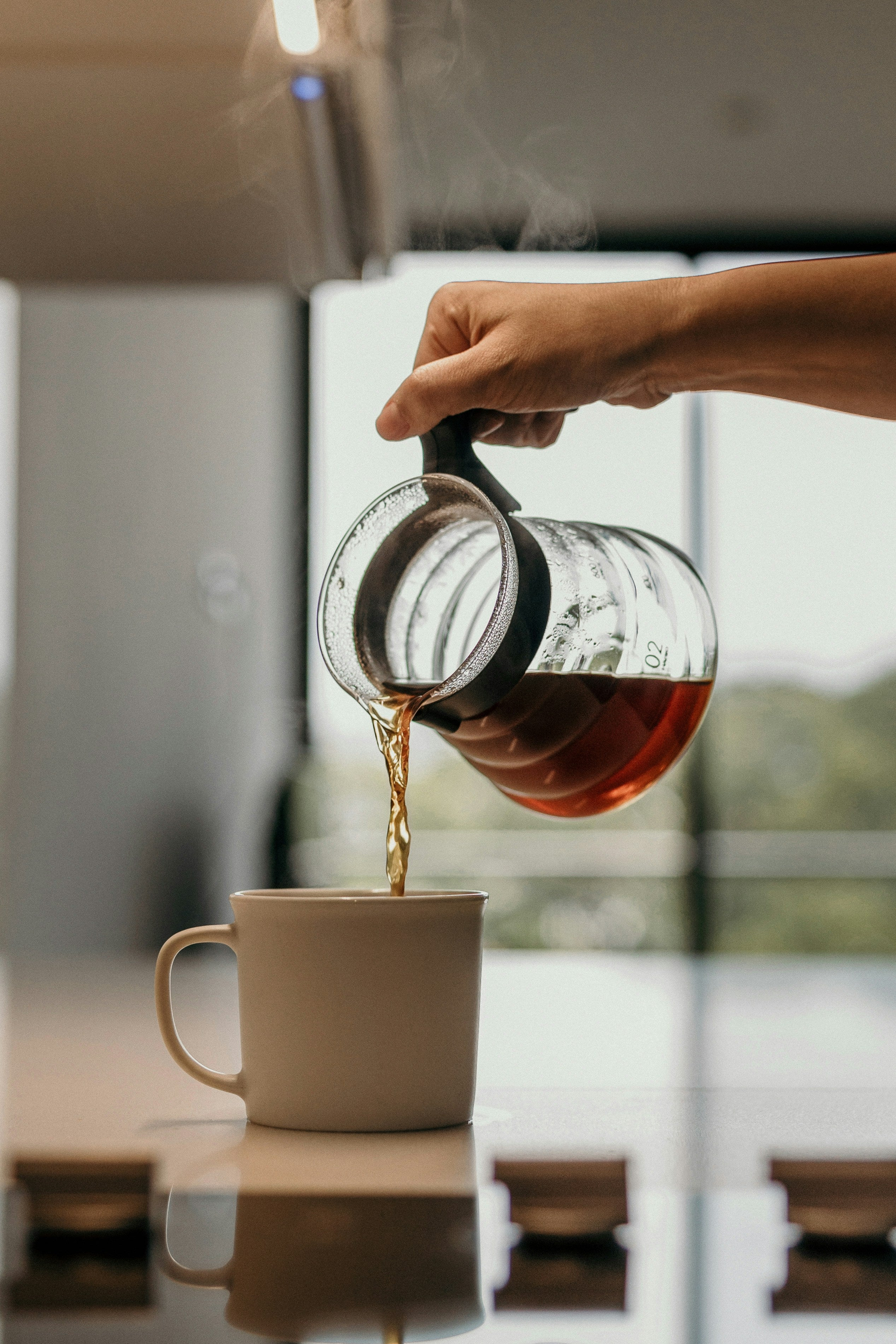The Bitterness Myth: When “Bitter” Isn’t a Bad Word
Share
Let’s talk about bitter.
It’s one of those words that tends to make people flinch — especially when it comes to coffee. Somewhere along the line, “bitter” became synonymous with “bad.” But here’s the truth: bitterness isn’t your enemy. In fact, it’s part of what makes coffee, coffee.
When someone says a cup tastes bitter, it could mean a few things — and not all of them are negative. In the world of sensory tasting, bitterness is one of five basic taste sensations (right up there with sweet, sour, salty, and umami). It gives coffee structure and balance. Without it, your cup would fall flat — like music missing its bassline.
The challenge? Not all bitterness is created equal.
Good Bitter vs. Bad Bitter
“Good bitter” is that deep, satisfying cocoa note — the same kind of pleasant bite you find in dark chocolate, roasted nuts, or a well-toasted marshmallow. It’s balanced by sweetness, acidity, and aroma. This kind of bitterness gives depth and keeps your taste buds intrigued sip after sip.
“Bad bitter,” on the other hand, is what happens when coffee is over-extracted or roasted too dark. It can taste sharp, astringent, or even burnt — and that’s when bitterness becomes the villain people fear.
At King’s Gambit, we obsess over making sure bitterness lands in the right way — a calculated move on the flavor chessboard, not a mistake. Each roast is fine-tuned to bring out harmony, not harshness.
Why It Matters
Understanding bitterness changes how you experience your coffee.
It’s the difference between dismissing a cup as “too strong” and recognizing what you’re actually tasting — maybe Baker’s chocolate, caramelized sugar, or even toasted pecan. Once you start noticing the layers underneath, coffee becomes less about “liking or disliking” and more about exploring.
Learning to appreciate “good bitter” transforms coffee from a habit into a craft. And that’s the part we love helping people discover.
How to Tell the Difference
Quick Tip: If your coffee tastes unpleasantly bitter, it might not be the roast.
Try this before you give up on the cup:
- Grind slightly coarser.
- Lower your water temperature by a few degrees.
- Brew for a few seconds less.
Those small changes can turn harsh into harmonious — revealing sweetness and balance that were hiding in plain sight.
The Takeaway
Bitterness isn’t something to fear — it’s something to understand.
In the right hands (and the right roast curve), bitterness can be beautiful — a grounding force that makes sweetness shine brighter and acidity sparkle.
So, when someone says, “This coffee is bitter,” we like to think: maybe it’s just a little misunderstood.
At King’s Gambit, we don’t chase trends — we chase balance. Every roast we craft is designed to bring out the kind of complexity that keeps you thinking long after the last sip.
Because in the end, coffee — like life — is about balance. Sweet moments need a little bitter to make them real.

